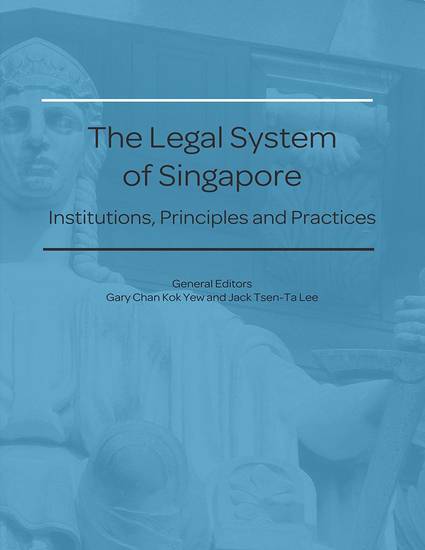
Contribution to Book
Fundamental Constitutional Concepts and the Roles of the Branches of Government
The Legal System of Singapore: Institutions, Principles and Practices
(2015)
Abstract
The duty to uphold the Constitution of Singapore possessed by the branches of government suggests that each branch must, when exercising its powers, determine for itself what the Constitution requires it to do. This raises the issue of whether the determination of the meaning of a fundamental right by any particular branch of government ought to be binding on the other branches. In other words, should a pronouncement by any particular branch be authoritative?
This chapter examines of certain fundamental constitutional concepts, namely, the doctrine of the separation of powers, the rule of law, constitutionalism, the status of bills of rights as enforceable law, and the independent duty of the branches of government to interpret a bill of rights. This lays the groundwork for a discussion of the central question: whether one branch should have final say over the other branches as to the meaning of constitutional provisions, and in particular the provisions protecting fundamental rights. Finally, the concept of a constitutional conversation or dialogue is put forward as a practical model for the relationship between the branches of government as regards interpreting a bill of rights.
Keywords
- constitutional dialogue,
- constitutional law,
- counter-majoritarian difficulty,
- rule of law,
- separation of powers,
- Singapore
Disciplines
Publication Date
2015
Editor
Gary Chan Kok Yew and Jack Tsen-Ta Lee
Publisher
LexisNexis
ISBN
978-981-460-840-4
Citation Information
Jack Tsen-Ta Lee, "Fundamental Constitutional Concepts and the Roles of the Branches of Government" in Gary Chan Kok Yew & Jack Tsen-Ta Lee (eds), The Legal System of Singapore: Institutions, Principles and Practices (Singapore: LexisNexis, 2015) at 47–88
